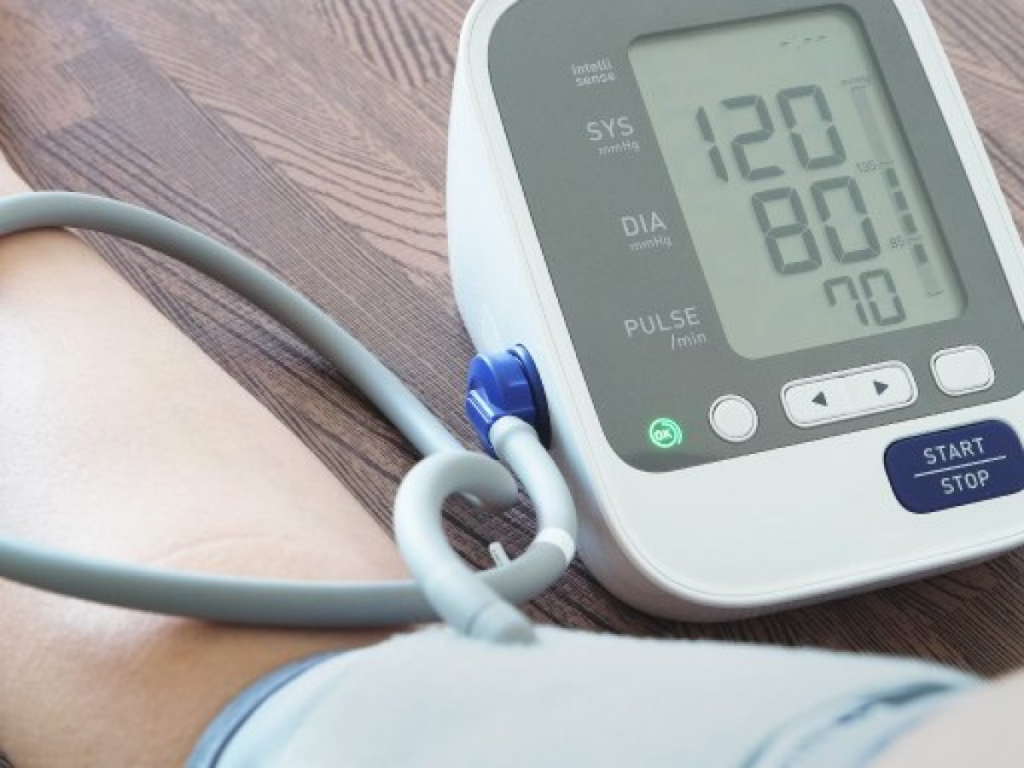Egg donation program is a process in which a healthy woman donates her eggs to another woman who cannot produce her own eggs. The eggs are used for in vitro fertilization (IVF), a procedure that allows couples with fertility problems to have children.

How it works
The egg donation program begins with a medical evaluation of the donor. This evaluation includes blood tests, pregnancy tests, and an ultrasound. If the donor is eligible, she will be given medications to stimulate her ovaries to produce more eggs.
Once the donor's eggs are mature, they are removed by a follicular puncture. The follicular puncture is performed under general anesthesia and usually takes about 30 minutes.
The donor's eggs are combined with the donor's sperm or the father's sperm from the recipient couple in a laboratory. If fertilization is successful, the embryos are transferred to the uterus of the recipient couple.
Requirements to be an egg donor
The requirements to be an egg donor vary depending on the egg donation program. In general, donors must meet the following criteria:
- Be between the ages of 21 and 35
- Be healthy and have no history of serious illness
- Have no history of genetic or hereditary disorders
- Have good reproductive health
- Do not smoke or use drugs
- Not be taking prescription medications that can affect fertility
Benefits of egg donation program
Egg donation can be a rewarding experience for women who want to help others have children. Egg donors receive financial compensation for their time and effort.
Risks of egg donation program
Egg donation carries some risks, such as:
- Mild to moderate discomfort after follicular puncture
- Bleeding or infection after follicular puncture
- Allergic reaction to medications
- Ovarian damage
Conclusions
The egg donation program is a viable option for couples with fertility problems. Egg donors can help other women fulfill their dream of having children.
Additional information
In addition to the risks and benefits mentioned above, there are a few other things to keep in mind if you are considering egg donation.
- Egg donation is not a guarantee of pregnancy. The success rate of IVF with donor eggs varies depending on the age of the donor and the cause of the recipient's infertility.
- Egg donation can be a physically and emotionally demanding process. Donors should be prepared for the potential side effects of the medications they will take, as well as the emotional impact of helping another woman have a child.
If you are interested in becoming an egg donor, it is important to do your research and talk to your doctor about the risks and benefits of the procedure.





